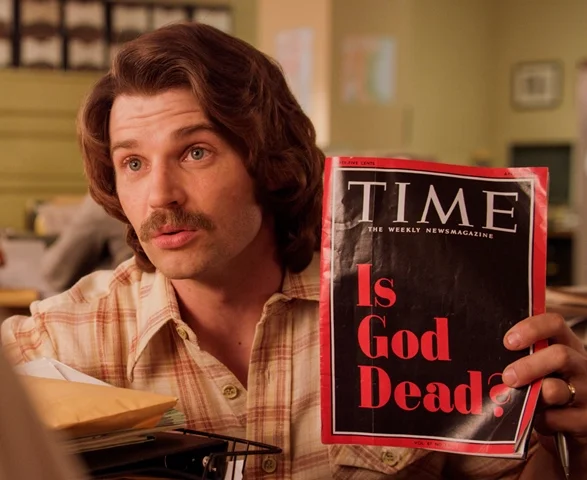Anyone trying to reach Cason Kurowski and his family at night in their home outside Denver needs to remember one thing.
Unlike most high-school juniors, Kurowski doesn't keep his smartphone within an arm's length of his pillow. In fact, the whole family leaves mobile phones downstairs at night, including his parents.
"It's amazing how much it helps me get a better night's sleep, since my phone isn't going off all the time," he said, reached on his smartphone (#DUH) after classes at Heritage High School in Littleton, Colo.
Wait, there's more. Back in September, Kurowski and some friends made strategic -- some would say radical -- tech changes after the news of two teen suicides, in two days, at area schools. Some students in this circle were friends with a Heritage student who committed suicide last year.
After several planning sessions, they launched OfflineOctober.com and urged friends to delete four specific apps -- Snapchat, Instagram, Facebook and Twitter -- from their phones for a month. The goal, Kurowski explained, was to stop "hiding behind screens. … We wanted to try spending more time face to face, instead of just looking at phones."
The project grew through word of mouth, calls, emails, texts and, ironically, social media. Local news coverage helped spread this slogan: "Don't post a story. Live one." Students started planning informal gatherings to cook, play games, go hiking or just hang out.
At some point, their work caught the eye of someone whose support could help take the movement to another level -- the leader of the Catholic Archdiocese of Denver.










